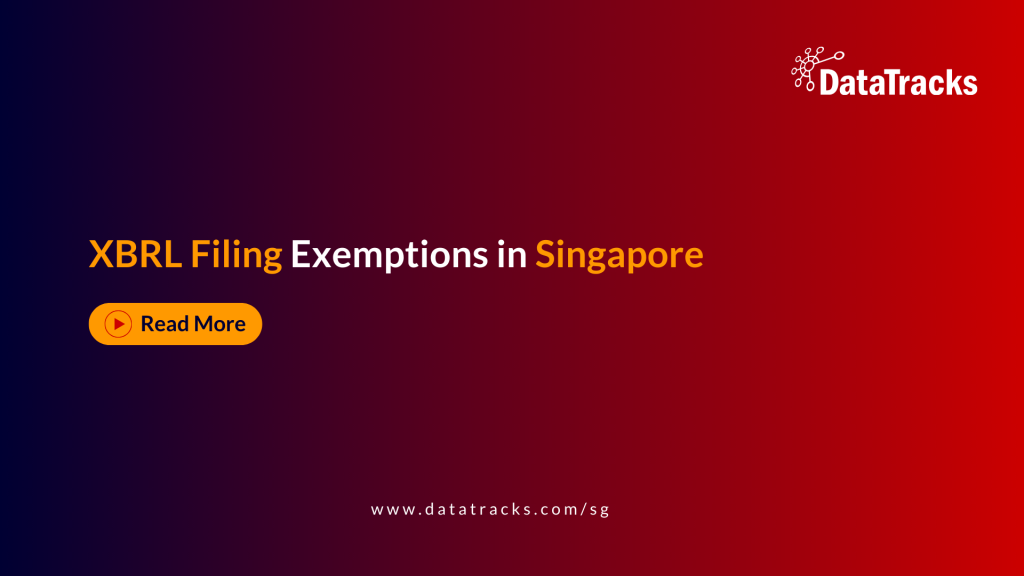Latest Updates on Tax Incentives for Businesses in Singapore
Despite geopolitical tensions and rising interest rates, Singapore’s economy is expected to experience positive and stable growth in 2024. The recently announced Tax incentive for business in Singapore 2024 his would create a favorable environment for businesses to operate in. If you are a business operator or planning to establish a business in Singapore, then here are some tax incentives for 2024. Let your business thrive in Singapore’s vibrant ecosystem by staying informed, adapting to change, and embracing new opportunities.
Let’s dive in and explore!
The Progressive Wage Credit Program
Employers are intended to be assisted in adjusting to obligatory raises for lower-paid workers through the Progressive Wage Credit Scheme (PWCS). The program allows the government to contribute to the wage increases of Singaporean workers who make up to S$3,000 (US$2,213) monthly in gross pay. The program is open to Singaporean residents and permanent resident employees.
Industry-specific Tax Breaks
In some areas, business and tax advantages for Singaporean firms can be administered by four primary government departments. These are the following:
- The Singapore Economic Development Board (EDB) creates and implements plans that encourage foreign investment in the nation’s industries.
- Other organisations include the Singaporean government’s tax regulatory body, Enterprise Singapore (ESG), which helps Singaporean businesses grow internationally and encourages domestic exports, and the Monetary Authority of Singapore (MAS), which oversees the nation’s central bank and financial services.
Incentives for Startup
The Startup SG Tech grant aims to support the Proof-of-Concept (POC) and Proof-of-Value (POV) to commercialise new technologies by expediting the development of technology businesses. Grant caps for POV at S$500,000 (US$371,000) and POC at S$250,000 (US$185,000) will not change. Projects that meet the requirements must:
- Show how science and technology are used clearly;
- Be at the forefront of innovation;
- Be commercially viable;
- Lead to or expand upon proprietary know-how.
Scheme for Investment Allowance of 100%
This translates to a substantial financial benefit, enabling businesses to reinvest in their operations, explore new ventures, and enhance their competitiveness.
- Businesses that qualify for the investment allowance incentive, managed by the Economic Development Board of Singapore or EDB, can benefit from a tax exemption of up to 100% of their incurred fixed capital expenditure.
- The EDB defines fixed capital expenditures as costs incurred for eligible projects throughout a five-year term, with an eight-year extension option.
- The government has extended the 100% Investment Allowance (IA) program to 2023.
- Approved 100% IA funding is part of the Automation funding Package (ASP), which includes the following grants, loans, and tax support, with a ceiling of S$10 million (US$7.4 million):
- Funding for up to 50% of eligible automation projects through the Enterprise Development Grant (EDG), which has a ceiling of S$1 million (US$737,705); loan financing for automation equipment up to S$15 million (US$11.1 million); and the 100% IA program.
- The 100% IA plan is still accessible after the ASP support expired on March 31, 2021.
Pioneer Tax Incentives
Companies that produce high-value goods or services may apply for a pioneer certificate, which grants them a five-year tax exemption that may be extended based on their continued commitment to growth.
Enterprise Innovation Scheme
The government unveiled the Enterprise Innovation Scheme (EIS) in Budget 2023 to incentivise companies to participate in R&D and innovation. For eligible enterprises, EIS provides new tax measures and improves existing ones.
Promotion of Growth and Expansion
Businesses can receive the Development and Expansion Incentive (DEI) once the pioneer tax incentive period has finished. This gives businesses a five to ten per cent tax relief when they shift to more value-adding business activities (such as investing in initiatives that grow important industries like manufacturing). The maximum length of the tax relief term is 40 years.
Bottom Line
DataTracks is the leading provider of XBRL preparation solutions worldwide. With ACRA taxonomy, our solution is ready for the market and designed to meet the ACRA XBRL requirements of Singaporean firms from 2013 onward. This approach not only highlights the benefits of using XBRL for financial reporting—such as enhanced data reliability and interoperability—but also ensures that our solutions help firms efficiently meet regulatory requirements and improve their financial transparency.
For more information about the tax incentives and budget for 2024, visit https://www.datatracks.com/sg/blog/.
You might be interest to read more about the Impact of ACRA’s Free Business Profile Provision



